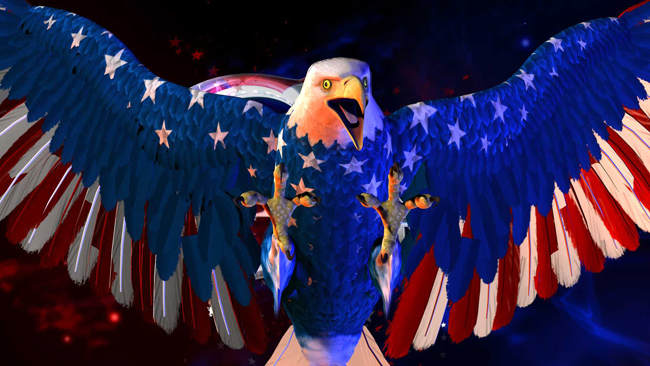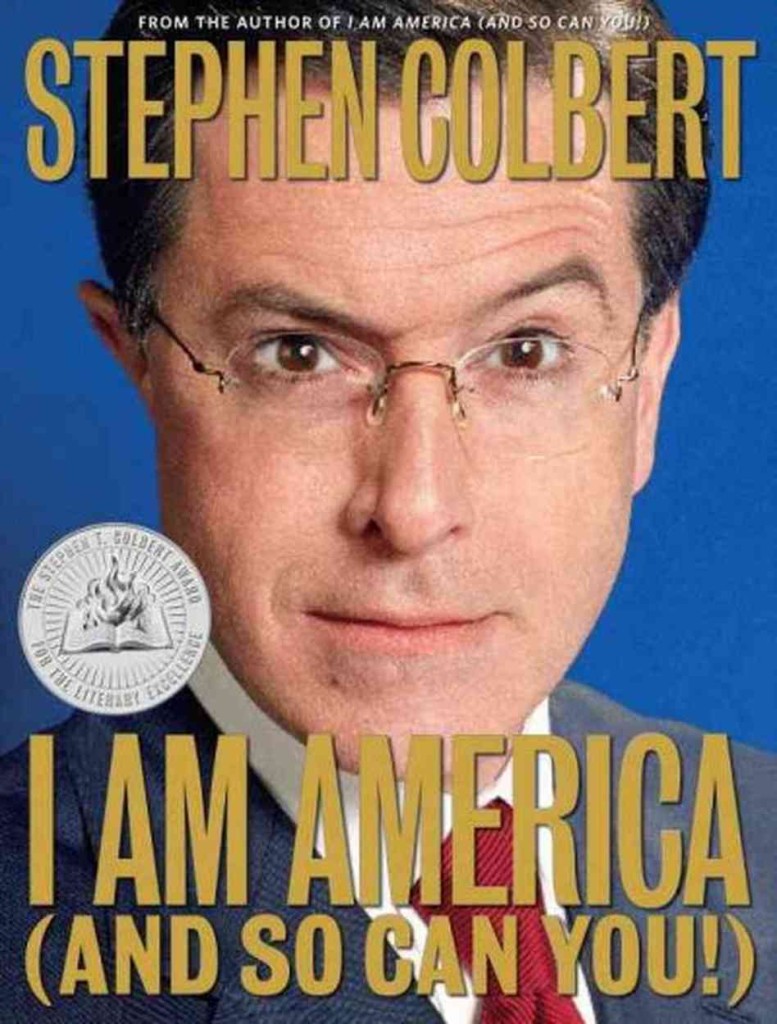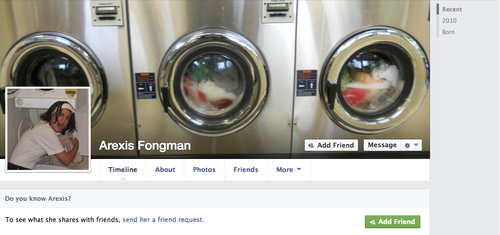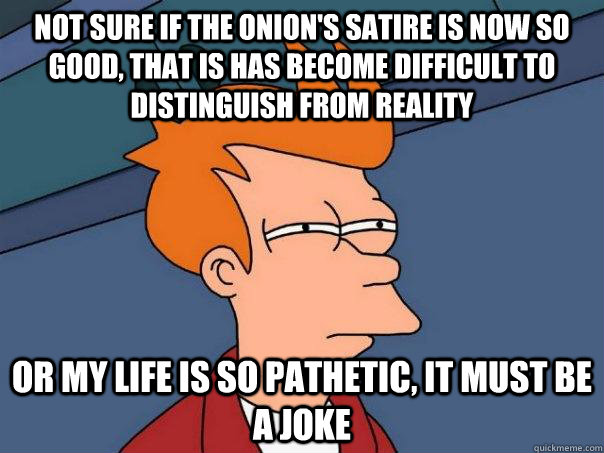I don’t write funny. There’s a pretty good reason for it: it’s tough to do good comedy. In fact, the axiom among comedy circles is: “dying is easy; comedy is hard.”
It’s an axiom that seems to be too-oft forgotten in today’s easy-access self-publishing online world. For every great comedian of our times, there’s a hundred dime-store shucksters who think that access to a WordPress.com account and a hipster-witty Twitter handle will make them infamous for their belly-laugh-inducing skillz.
This would be excusable if not for the sheer amount of crap comedic writing that is passed off these days by talentless hacks who want to obscure — while simultaneously revel in — gleeful racist hatred.

If comedy is hard, satire is the hardest form of comedy there is. A bonafide literary genre in its own right, satire is defined as a deliberate mixture of parody and social commentary. The idea is to take a position and — through a deft balance of irony, sarcasm, and exaggeration — to argue so convincingly in favour of that position that you effectively and humorously argue against it. Successful satire requires communication to the audience that the piece is satirical; this is often done through a not-so-subtle nudge or exaggeration near the end — a sort of conspiratorial wink — to emphasize that the piece is intended to be comedic, not serious. In the absence of this, we invoke Poe’s Law, which states that in the current age of Internet accessibility, parodies of fundamentalism that lack a comedic nod cannot be distinguished from the real thing.
Fundamentally, satire is a congregation of three minds: the writer/satirist, who is the architect of the satire; the first- or third-person narrator, a fictional voice who delivers the satire unaware of its satirical nature, and who basically plays the classic role of the straight man; and the audience, who through the course of the satire, becomes a conspirator with the writer/satirist to mock the hypothetical narrator.
So unlike in other comedy, a satirist simultaneously plays two roles: the architect (aware of the satire) and the straight man (who is unaware of the satirical nature of the piece); and he has to do so while letting the audience — but not “himself” — in on the joke. Furthermore, he must do so while engaging in sarcasm and exaggeration, but also not exaggerate too much lest he fall flat-out into farce.
As you can imagine, that’s tough as shit.
In fact, in my mind, there are exactly two great pieces of satire in the world. The first is, of course, Jonathan Swift’s classic essay “A Modest Proposal“, which advocated the consumption of orphan children to stave off famine, and which is still our textbook example of straight-faced satire.
The other? Stephen Colbert.

I bring up Stephen Colbert in particular because he is the best contemporary example of satire we have. His success hinges upon how night-after-night, he takes time to let the audience in on the joke of his show while never breaking the Colbert character. The “it’s a joke” nudge happens right at the show opening: the opening credits features a mixture of hyper-patriotic and plainly irrelevant words as a backdrop for a bald eagle painted with the stars and stripes.

The visuals are so ridiculous that immediately, the audience gets that it’s a joke, and we are given the go-ahead to laugh at Stephen Colbert’s uber-conservative antics. For the next twenty minutes, it’s clear that Colbert — and by extension, the Fox News format he lampoons — is the butt of the joke.

Throughout The Colbert Report, the audience is repeatedly reminded that everything being done is in jest; clear evidence of how important it is that the audience understand when satire is satire. Even at the end, Colbert deftly reminds us that he’s playing a character when he introduces his guest, and then runs up to the interview set while taking flourishing bows to the audience. This bit takes maybe 15 seconds of screen-time, but it’s an important quarter of a minute. Not only is this just a simple running gag that he can keep up night-after-night, but it’s another not-so-subtle reminder (like the opening credits) that he is in character, that the interview will be satirical, and that both the audience and the guest shouldn’t take the upcoming interview seriously.
In four hundred years, that’s it. Count ’em: two examples of successful satire. A third may be the Onion News Network, although its pieces are often hit-or-miss, either suffering from a lack of sufficient exaggeration (thus resulting in some naive Internet users mistaking the articles for legitimate news), or guilty of being too obviously exaggerated.
So, imagine the hubris it takes for you — some twenty-something hipster who loves irony without really understanding what it is — to go on the Internet and imagine you can do it, too; and maybe even do it better. How often have I seen the word “satire” lobbed around in defense of some truly atrocious comedic writing?
Last month, I briefly touched upon a comedienne in New York City who created a racist anti-Asian caricature named Arexis Fongman, and posted anti-Asian stereotypes in-character through various social media outlets. When confronted with the racism of this act, the comedienne claimed it was satire.

More recently, a female alter ego of “comedian” (and yes, I am using air-quotes here) Nick Mullen (@NickMullen) stirred up the Asian American blogosphere once again when he wrote a piece for the online magazine, Thought Catalog. Nick Mullen, as Nicole — a “fun mom and a teacher at a retarded school” — wrote: “So Are We Just Not Going To Tell Chinese People That New Years Was a Month Ago?”
This article is also disguised as satire. Indeed, Mullen claims to write nothing but satire (and has recently started an entire site that appears to parody the Thought Catalog site that publishes his Nicole Mullen alter ego). But, if it is satire, it is truly astoundingly bad satire.
In fact, it is really nothing than about eight paragraphs worth of cliched anti-Asian stereotypes — dog-eating, slanted eyes, bad driving, building railroads — masquerading as “humour”. Unlike Stephen Colbert (whom Colbert has styled as a younger Bill O’Reilly type, a point that is repeatedly emphasized through the show’s formatting), the Nicole Mullen character does not emerge as a clear and obvious parody of a particular group, leaving the reader to wonder whom Mr. Mullen is trying to lampoon: Moms? Teachers? Women, in general?
Further, where is the nudge? For the entire article, Mr. Mullen revels in his anti-Asian racial humour, but never lets the audience in on the joke. Even his footnote biography of Nicole Mullen lacks this “it’s a joke” nudge; only his choice to use the questionable phrase “retarded school” could be interpreted as even approaching parody.
Consequently, the audience is left at the end of the article, perplexed and astounded by the sheer amount of context-less racist hatespeech that Mr. Mullen has managed to cram — lazily, I might add — into just over a thousand words.
Others, like @livlylife and POC Problems, have nicely pointed out the problematic overtones of Mr. Mullen’s piece vis-a-vis the Asian American community. They have wonderfully countered the offensive references to the Transcontinental railroad and the Model Minority Myth. They have pointed out how Lunar New Year is not a Chinese holiday, but a holiday celebrated by many Asian cultures. There’s no need for me to rehash these points.
Instead, I want to issue a plea to all of you wannabe comedy writers out there, hoping that your shitty blog will be your foot-in-the-door for realizing that life-long dream of visiting the writing room of Saturday Night Live while simultaneously distracting you from the general malaise of your cubicle-walled Dilbert-esque “TPS Report” life: stop trying to write satire.
Just stop.
Just stop. You clearly suck at this.
Satire is not a free pass to be a racist (or homophobic; or misogynistic; or ableist; or generic) dick. Satire is not a safeguard from your own asshole-ish tendencies. Satire isn’t a magic word that suddenly transforms unskilled and cliched writing into awe-inspiring, witty comedy.
If you have to tell your audience it’s satire, it’s not satire. It’s just bad.
So, just stop. Stop using the word “satire” as a thin shield for your own fucked-up sensibilities.
And, while you’re at, stop making my people the butt of your hatespeech masquerading as “jokes”. It’s not that I have no sense of humour; it’s that you’re just not funny.


